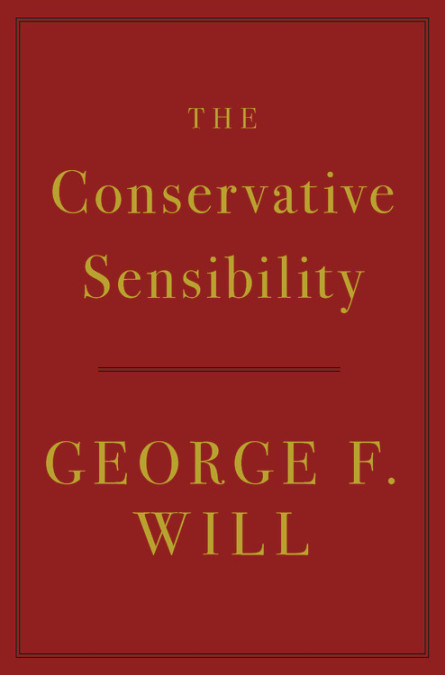
George Will‘s career-capping volume, The Conservative Sensibility, cites 17th-century English philosopher John Locke on 35 different pages.
In addition to crediting Locke (along with Thomas Hobbes) as the starting point of the “classical liberal tradition” in the English-speaking world, Will explains why defenders of freedom are wise to invoke Locke’s name.
Hobbes thought that the great and universal motivator for human action was fear — of insecurity and especially of violent death. Locke thought the universal incentive was happiness: Ancient philosophers “did in vain enquire, whether Summum bonum consisted in Riches, or bodily Delights, or Virtue or Contemplation.” This inquiry was as futile as arguing about whether “the best Relish were to be found in Apples, Plumbs or Nuts.” “Cheese or lobsters” are “delicious” to some but “to others extremely nauseous and offensive.” It depends, Locke said, on the “particular Palate.” So Hobbes and Locke differed — but not about the important point, which is that there is no single Summum bonum. There are as many as there are palates. It is a matter of taste. This is, in two senses, the beginning of the political philosophy of modernity, the dawn of the modern enterprise. The challenge of modernity is to argue that a broad spectrum of tastes exists, and many tastes should be accommodated, even though not all tastes are equally admirable or socially beneficial. Regarding the ultimate good, Locke said “men may chuse different things, and yet all chuse right.” This proposition was the point of embarkation for what would become what now is called classical liberalism.
Locke put Western political philosophy on a path toward pluralism, toward accommodating the variety of goods that people pursue as they define for themselves the worthy life.


